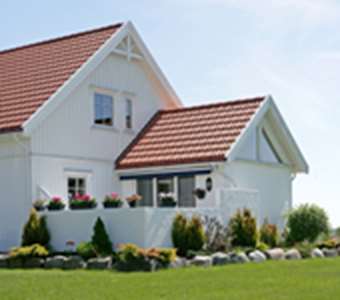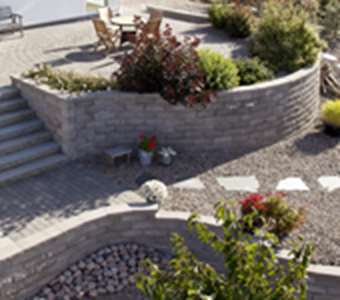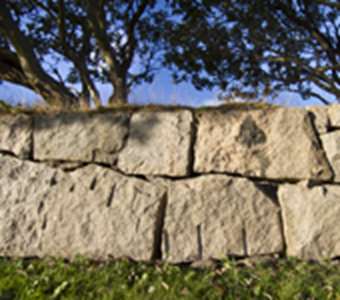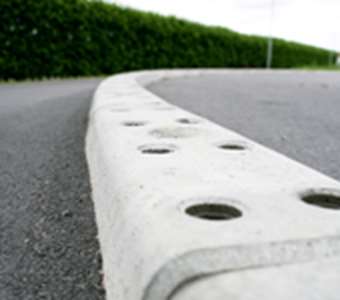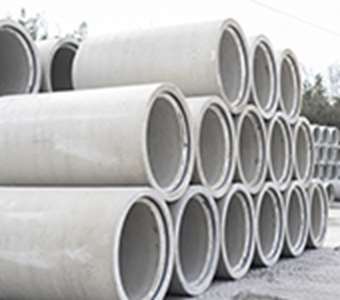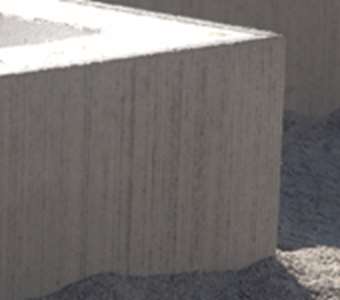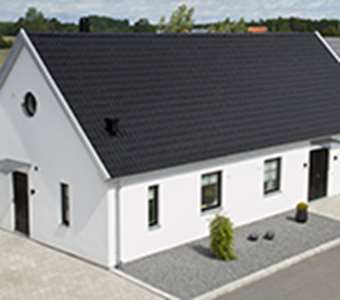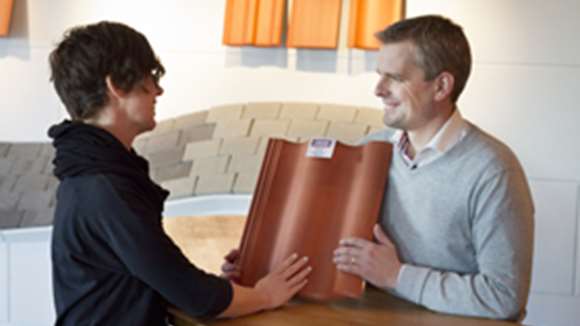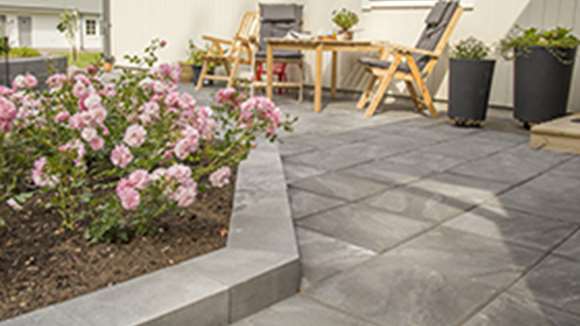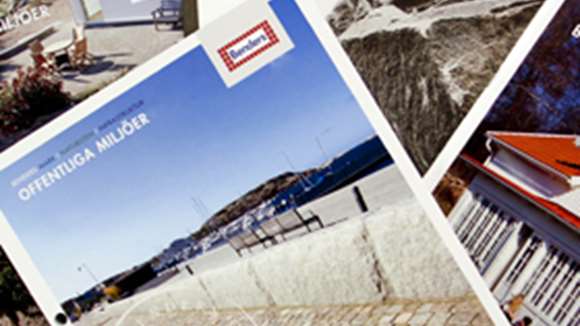The year was 1934. Black Tuesday (29 October 1929, New York Stock Exchange) had deeply scarred economic development all around the world. With echoes of our “Kreuger Crash” still reverberating, Sweden was certainly no exception. Downturn is the modern word for it. In those days, it was depression. Unemployment was high, poverty was still widespread and the birth rate was lower than ever. It was in this sorry year that Karl-Erik Bender was born in tiny Edsvära.
Edsvära, then a parish with around seven hundred residents, had no less than six village stores. The smallest of these, Bolanders, had been started by Karl-Erik’s maternal grandfather and the grandfather’s brother. It was soon clear that running a small store was not the goal of the Bender brothers. From the very start, Karl-Erik saw it as a springboard, a way to gain experience and start-up capital. However, where should the money be invested?
“Groceries might well have been closer to home, but things turned out as they did – and that was pretty well!” Karl-Erik Bender, founder.
The approach of the 1960s brought centralised rationalisation and a local dairy was going to be shut down. Karl-Erik had ideas about what the premises could be used for. Living in a farming environment and knowing the world of groceries, the production of deep-frozen packet meals was his first idea. Freezers were just coming into Swedish homes and Karl-Erik saw potential.
However, Gunnar Svensson, Karl-Erik’s drummer friend in Anders Meijers Orkester, changed the direction of his thoughts. Gunnar had a day-time job in a concrete factory in Grästorp. Concrete, he thought, was a material for the future. He had seen an advert about roof tile machines and showed this to Karl-Erik. The idea fell in fertile soil and the Bender brothers set course for Stockholm and deeper discussions with Tellett-Pannan, the makers of the machines. Karl-Erik quickly worked out that, for the business to prosper, it would be enough to sell one roof a day. Knut, his father, was convinced that Karl-Erik would be a success in sales and, consequently, a deal was struck.
The roof tile machine worked as it should. Yet, as an income generator, it certainly required a great deal of input. Knut was appointed the head of production and ensured that the mixer was fed its seven heavy sacks of cement every three minutes. Karl-Erik travelled all around the county drumming up sales. He stopped at every building site he saw and returned home with increasingly full order books.
“When there’s personal chemistry, you can build stable relations that are advantageous for both parties. It’s no more difficult than that.”
One of the first major orders came from a school in the Gothenburg area. As a result of a presentation at the Swedish Exhibition Centre, it ordered no less than one hundred and twenty-five thousand tiles. It was clearly far beyond what the factory could manage. However, maintaining a smile, Karl-Erik ordered more machines. The ball was now rolling.
The family has always been significant in the company’s development. Benders is still run and owned by the Bender family. Karl-Erik is the chairman of the board and, already working in the factory, his son, Ove, became the managing director and group manager in 1996. In the slideshow on the “Benders” page of this site, you can read more about the milestones in the company’s continuing development.














